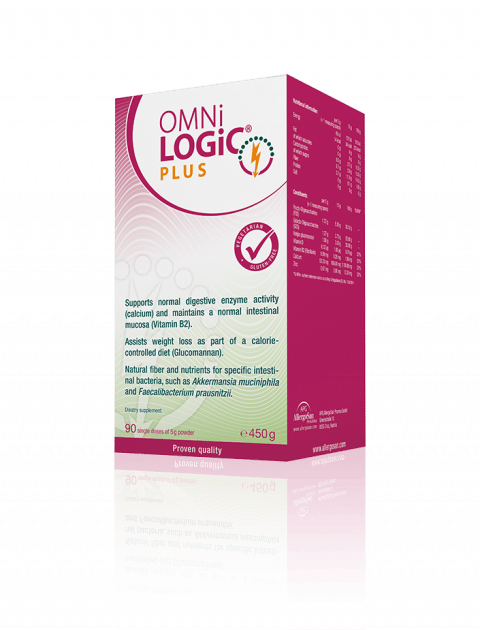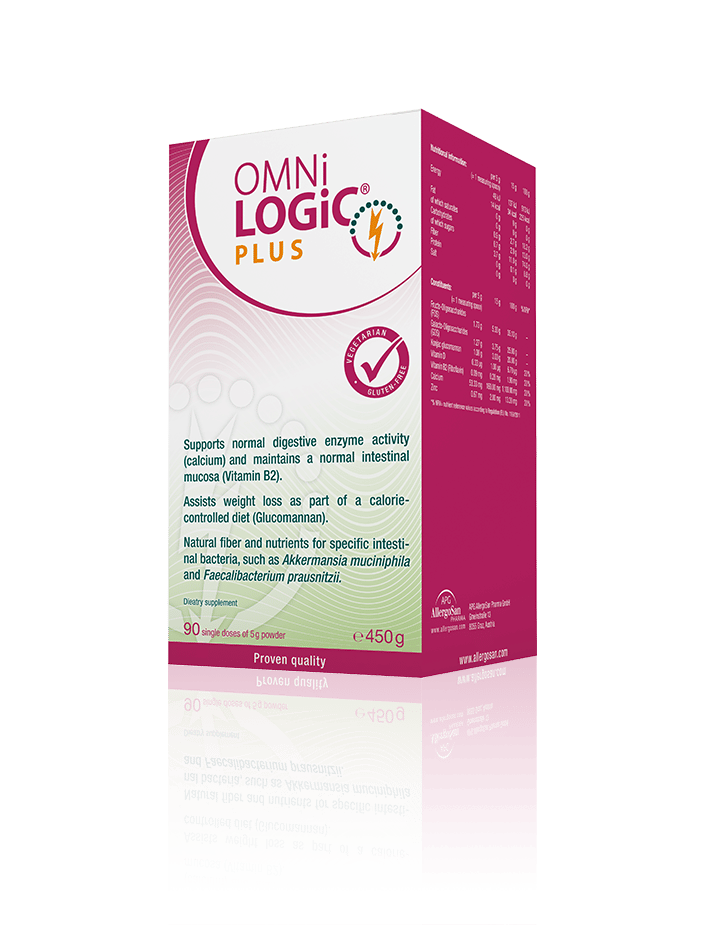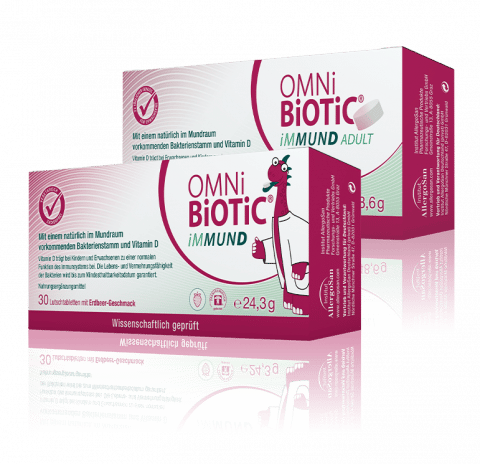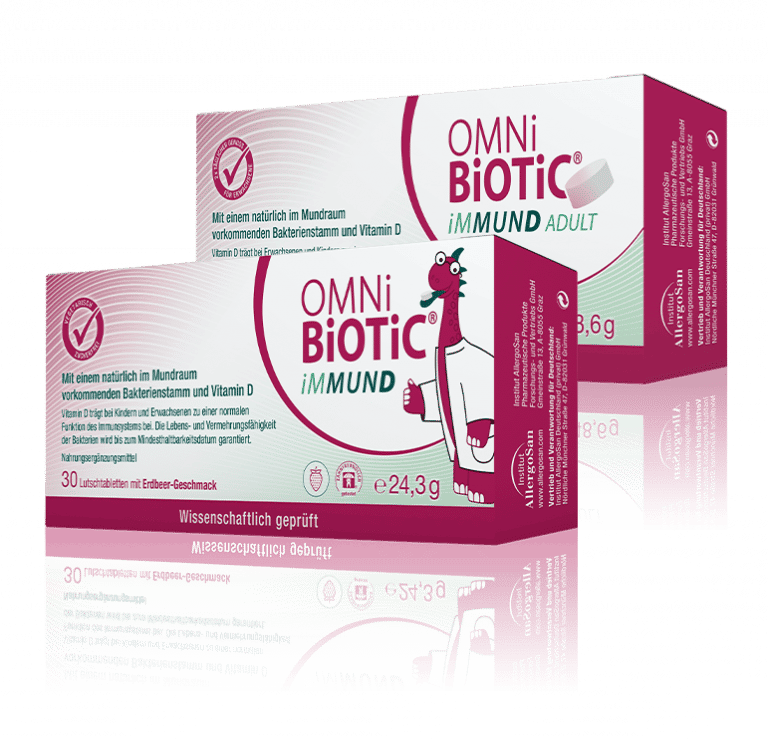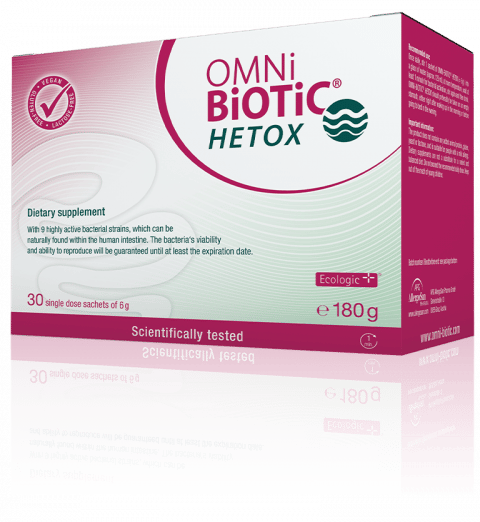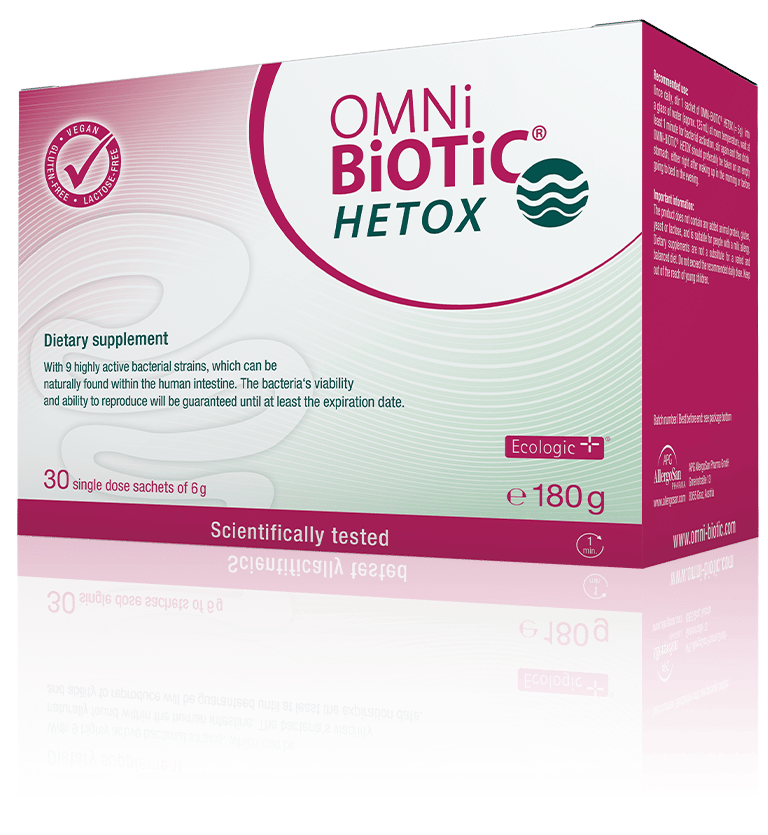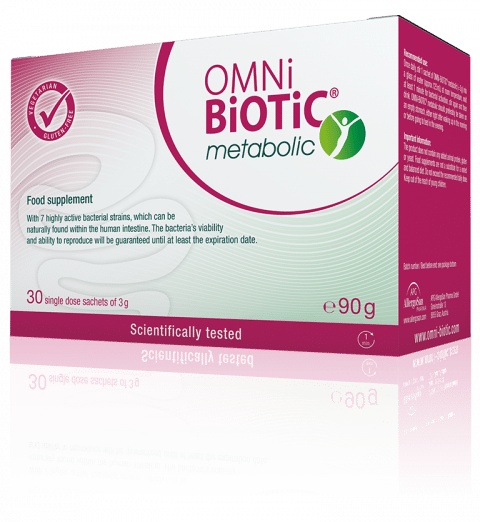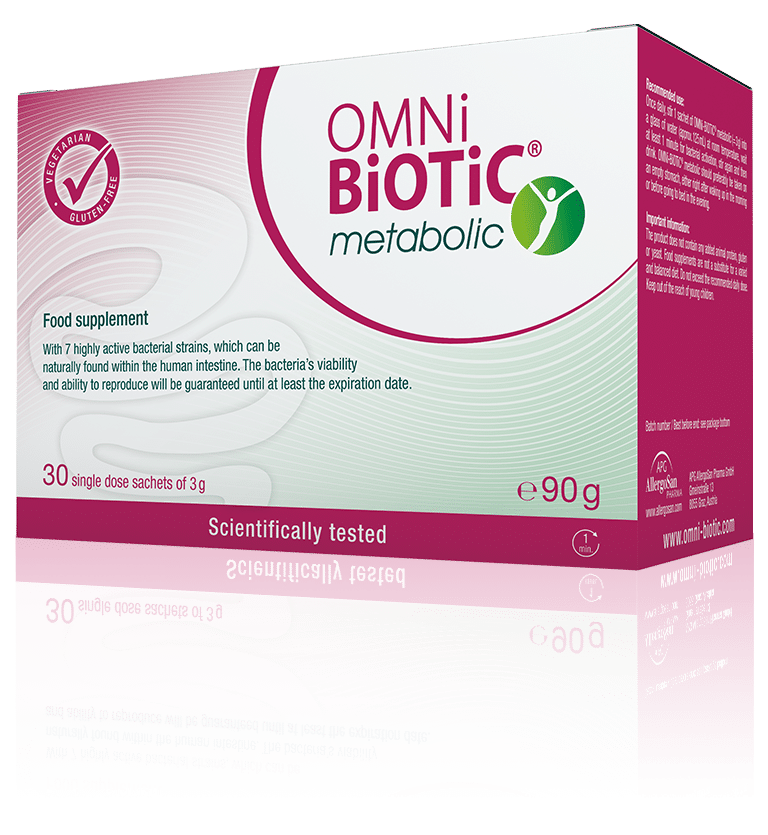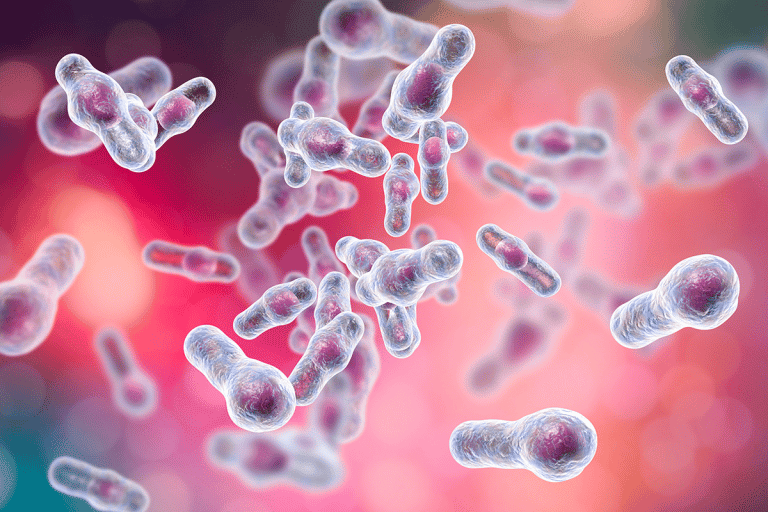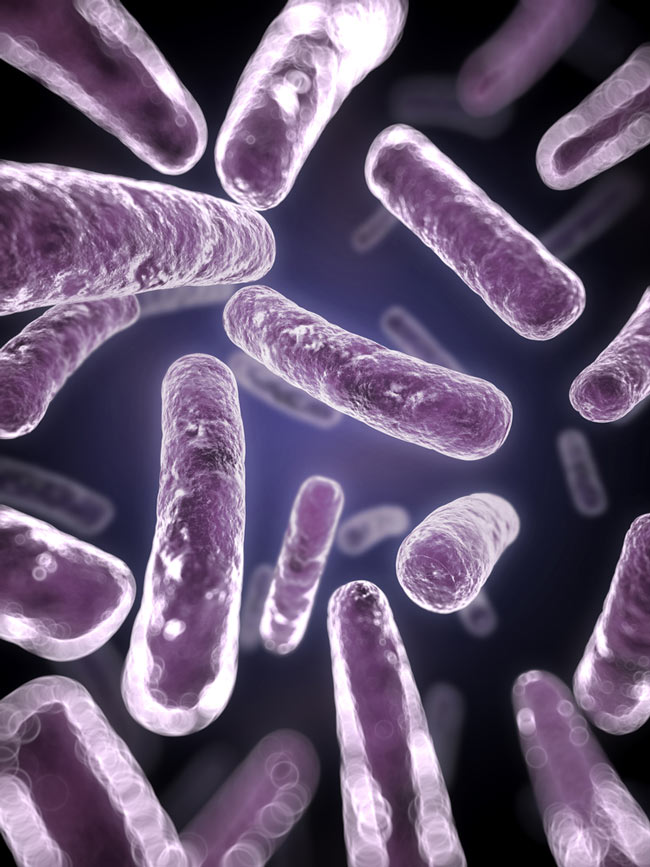
Probiotics:
How lactic acid bacteria in sauerkraut and yoghurt stimulate the immune system
How lactic acid bacteria stimulate our immune system
Probiotic foods promise a wide range of positive health effects, whereas the various probiotics can have significantly different impacts on our bodies. In a recent study at the University of Leipzig, researchers studied what effects lactic acid bacteria in foods such as yoghurt and sauerkraut can have on our health, and uncovered how they interact with our immune system.
A research team at the University of Leipzig discovered a receptor on human cells that is activated by signals emitted from lactic acid bacteria. This receptor creates a direct interaction between the immune system and bacteria. The researchers see this receptor as the foundation of the positive effects that fermented foods have on human health. The study results will be presented soon in the renowned scientific journal PLOS GENETICS.
The probiotic mystery
Popular foods such as sauerkraut and yoghurt are made through a process called lactic acid fermentation. These probiotic products are considered to have health-promoting effects. The exact cause of this positive effect is still unknown. The lactic acid bacteria, which also form a part of the intestinal flora (intestinal microbiome), received the credit for this positive impact. The study group at the University of Leipzig has now come a step closer to solving this puzzle. They discovered that humans and apes are the only mammals that possess a receptor that reacts towards the signals of lactic acid bacteria.
How we interact with lactic acid bacteria
The researchers in Leipzig revealed, for the first time, how lactic acid bacteria interact with our bodies. They studied specific proteins that are found on the surfaces of cells. The so-called hydrocarboxylic acid (HCA)-receptor can be found in most mammals. Whereas all mammal-species only have two different types of these receptors, humans and apes have three. The HCA3-receptor appears to be solely responsible for the communication between the immune system and lactic acid bacteria.
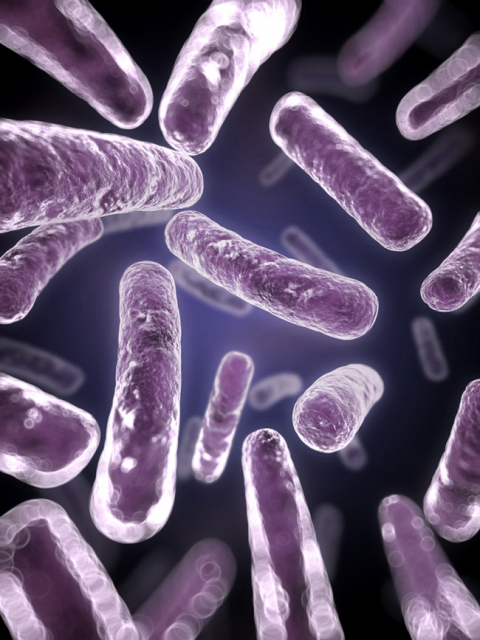
Why does fermented food have such a positive impact?
„We combined evolutionary, pharmacological, immunological and analytical methods to figure out why these receptors were preserved in our bodies throughout evolution“, reported the study leader, Dr Claudia Stäubert, at a press conference. The theory of the researchers concludes that the receptors were asserted in our bodies in a time when less fresh fruit was available to our ancestors and had to change their way of life. As a result, more fallen, fermented fruit was eaten. In this scenario, the HCA3-receptor could have made a significant difference.
How does this interaction take place?
 „During this study, we discovered a substance that is found in high concentrations in fermented foods such as sauerkraut, activates the HCA3-receptor and thus influences the function of the human immune system“, summarises Stäubert. Through several tests, the team revealed that, after the consumption of sauerkraut, the concentration of a substance called D-phenyl-lactic-acid increased in the bloodstream. A substance released by lactic acid bacteria. The concentration was high enough to stimulate the recently discovered HCA3-receptor. As a result, the immune system and fat cells were informed, via the receptor, that foreign substances and energy had entered the body.
„During this study, we discovered a substance that is found in high concentrations in fermented foods such as sauerkraut, activates the HCA3-receptor and thus influences the function of the human immune system“, summarises Stäubert. Through several tests, the team revealed that, after the consumption of sauerkraut, the concentration of a substance called D-phenyl-lactic-acid increased in the bloodstream. A substance released by lactic acid bacteria. The concentration was high enough to stimulate the recently discovered HCA3-receptor. As a result, the immune system and fat cells were informed, via the receptor, that foreign substances and energy had entered the body.
Is this new receptor responsible for the health-promoting effects?
„Countless studies have proven the positive effects that lactic acid bacteria and fermented foods have on our health“, emphasises the study leader. The team in Leipzig is convinced that the discovered receptor is at least responsible for some of these effects. Upcoming studies will take a closer look at the role of D-phenyl-lactic-acid. Furthermore, the researchers want to figure out whether the HCA3-receptor could act as a therapeutic target in digestive diseases such as Irritable Bowel Syndrome.
Further studies about fermented food
Other recent studies have also analysed the positive effects of fermented food. A Korean study emphasised the health-promoting effects of kimchi. This fermented cabbage is very similar to sauerkraut and is very popular in Korea. According to the latest studies, this traditional dish can act against hypertension and obesity.
SOURCE: https://tekk.tv/gesundheit/probiotika-wie-milchsaurebakterien-aus-sauerkraut-und-joghurt-die-immunabwehr-stimulieren/

